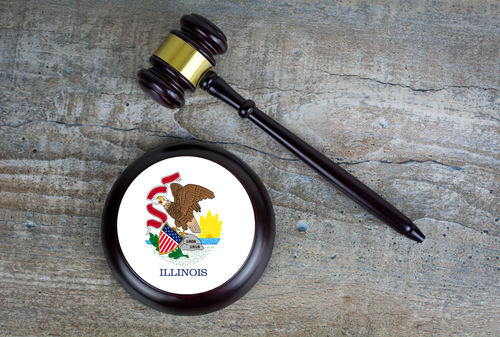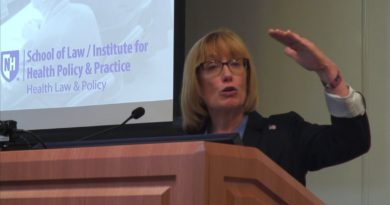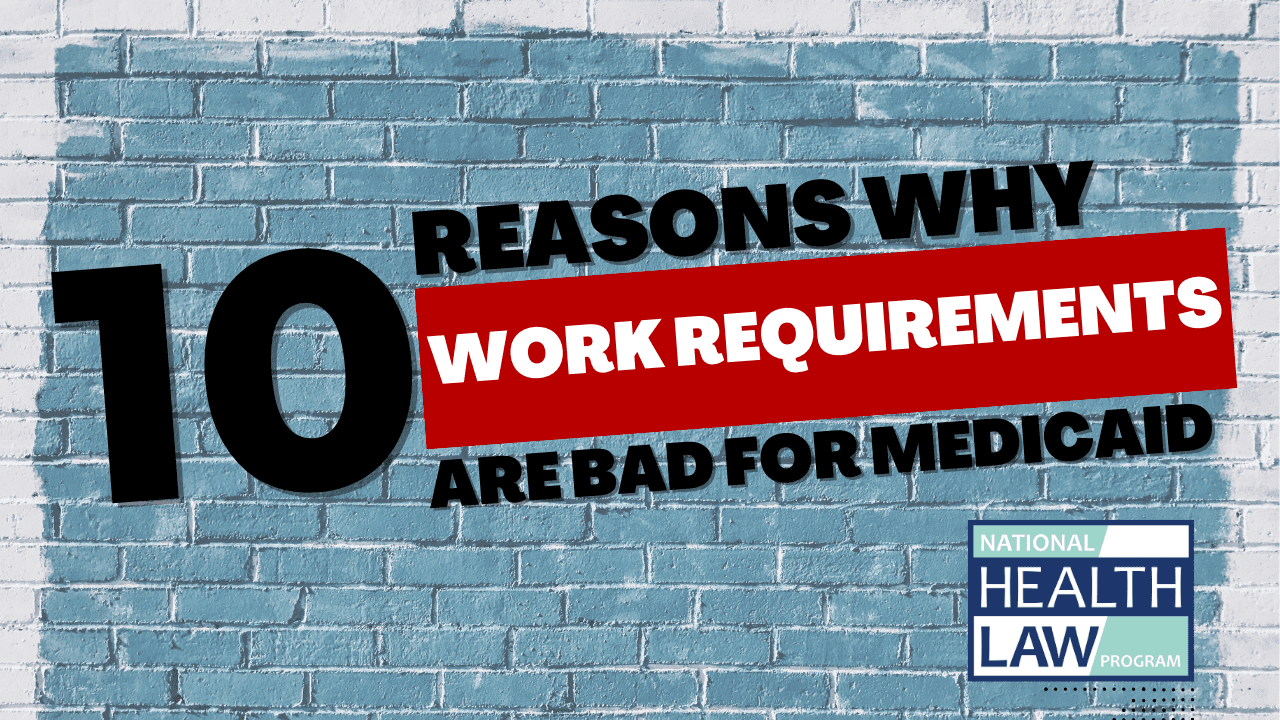Bioethics Experts vs Ordinary South Africans on the Governance of Human Genome Editing
By Donrich Thaldar
On the issue of human genome editing (HGE), attitudes between bioethics scholars and the general public diverge, as highlighted by my team’s findings from a recent deliberative public engagement study.
In the study, which assessed views on heritable HGE among South Africans, participants adopted a pragmatic risk-benefit approach to specific applications of heritable HGE. This rational pragmatism of the study participants was informed by values such as improving quality of life, equality and (universal) access to healthcare, moral autonomy, and innovation. By contrast, we might characterize bioethics experts as raising principled objections to heritable HGE as a technology, such as Jürgen Habermas’s articulation of the “right” of the prospective child to an “unaltered genome.” (Not one study participant relied on this objection during the more than 20 hours of deliberations.)
In the same year that the deliberative public engagement study on heritable HGE was conducted in South Africa, an expert advisory committee of the World Health Organization (WHO) published its policy proposals for a global governance framework for HGE. The WHO committee identified nine “values and principles” to inform what decisions are made regarding the governance of HGE: (i) inclusiveness; (ii) caution; (iii) fairness; (iv) social justice; (v) non-discrimination; (vi) equal moral worth; (vii) respect for persons; (viii) solidarity; and (ix) global health justice. These values seem to be a broad collection of en vogue ethics concepts. However, on closer analysis, the fault lines between the WHO committee’s ennead of values and principles on the one hand, and the values articulated by the South African study participants on the other hand, become evident.
Most striking is that the WHO committee elevates caution to the echelon of ‘values and principles’ that ought to guide the governance of HGE. While caution is certainly prudent, it can hardly qualify as a principle of public policy on a par with values such as equal moral worth and respect for persons. In addition, the way in which the WHO committee defines caution goes beyond its ordinary meaning (of carefulness to avoid danger) in that it mandates a “heightened attention to the fullest range of risks” — in other words, what the WHO committee actually means with caution is super–caution. Accordingly, the WHO committee perceives heritable HGE as a special case where risks should, as a matter of policy, be allocated more weight than the potential benefits. Their reason seems to be that potential harms would be heritable. This makes little sense, as the benefits would also be heritable.
Although the participants in the South African engagement study were indeed cautious and considered carefully various potential risks, this was not disproportional to the consideration of the benefits of a specific application of heritable HGE. Instead, what stood out for the participants was ensuring that the benefits of health-related applications of heritable HGE, such as immunity against HIV and TB, are made universally accessible to everyone in the country.
An important value that is missing from the WHO committee’s ennead of values and principles is scientific freedom, which is the essential foundation for promoting innovation. By contrast, deliberations during the the South African engagement study occasionally climaxed in (unopposed) techno-optimistic comments, such as:
South Africa should generally develop a policy […] that’s more imaginative …
And:
[Government should] incentivise scientists by providing funding for research into this [heritable HGE] so that we can be leaders in this field.
Not only did the WHO committee completely exclude scientific freedom from its list of values and principles, but it also sidelined individual autonomy. When applying its ennead of values and principles to developing policy proposals, respect for persons — which is the closest approximate to autonomy — is not even mentioned once. Autonomy used to be the bedrock of post-World War II medical ethics, and of the new branch of ethics that subsequently emerged in response to the revolution in the biosciences — bioethics. However, when confronted with heritable HGE — a powerful new technology that can potentially be used to accomplish much good or bad — the WHO committee unceremoniously relegated autonomy to insignificance. From this perspective, the position advanced by the WHO committee has regressed back to before WWII.
By contrast — again! — the South African public engagement participants often relied on autonomy as a value. (But whether they gave it sufficient weight in their deliberations is a different question.)
It is clear is that there is a rift between the views of the experts who drafted the WHO committee’s position on the global governance of HGE and the convictions of ordinary South Africans. Democracies all over the world that strive to adhere to a pragmatic balancing of costs and benefits in their public health decision-making (including South Africa) have good reason to be wary of the WHO committee’s position on the global governance of HGE.
The above arguments are based on this recent article, which provides a more extensive critique of the WHO committee’s position on the global governance of HGE.






